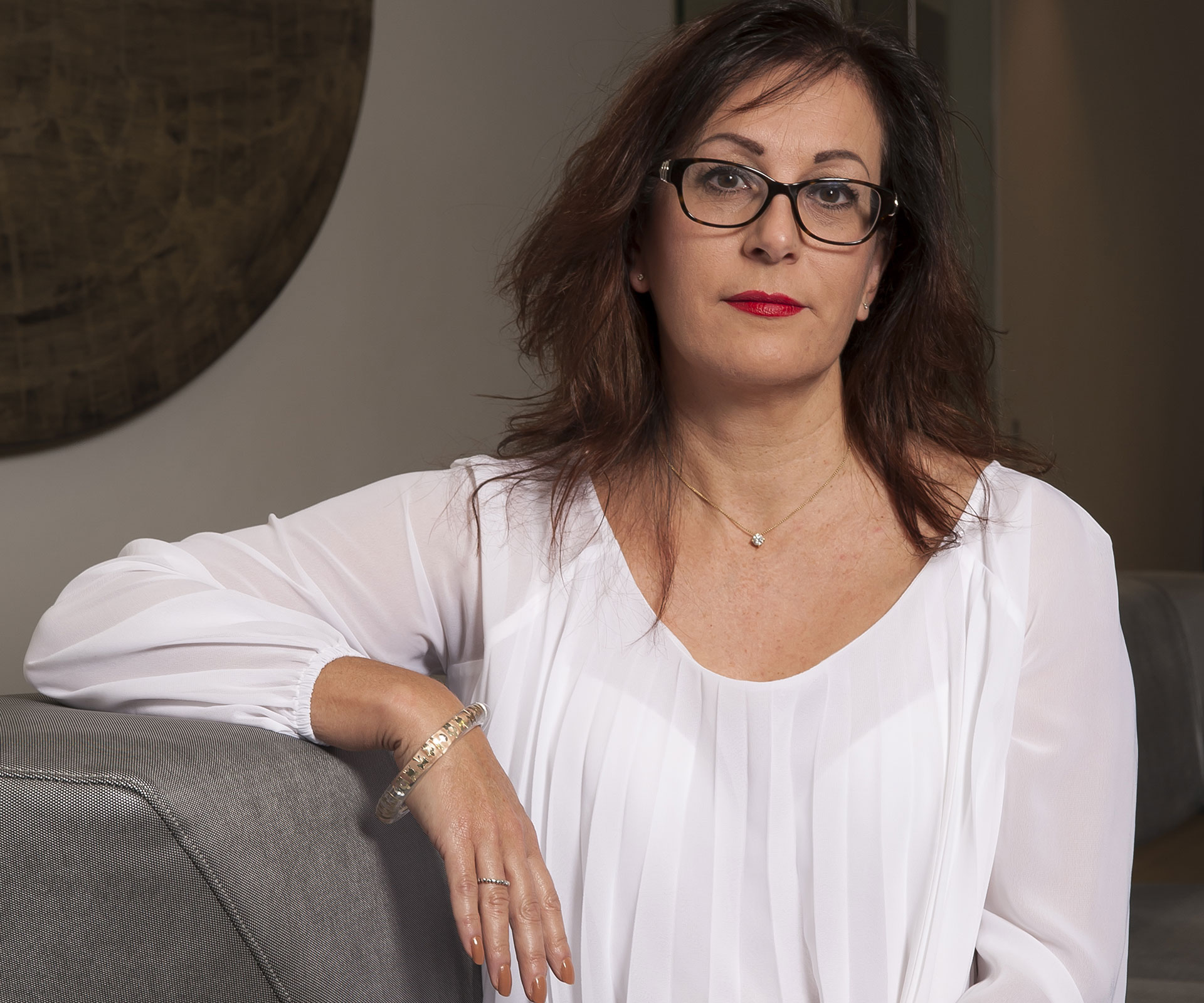Melanie Clayton didn’t set out to become a household name in relationship property law. But now, in legal chambers around New Zealand, that is what she is. Her long-running dispute with former husband Mark over the division of an estimated $28 million worth of assets in a range of trusts has, as the precedent-setting “Clayton v Clayton” in the Court of Appeal this year, created new case law which further weakens the power of trusts to retain what should be relationship property.
Melanie Clayton has won a series of arguments – that Mark Clayton put property into trusts to defeat her relationship property claims, that she is entitled to an increase in value of his separate property because of her direct and indirect efforts during the relationship, and also that, under the Family Proceedings Act, she is entitled to have property in trust redistributed to her on the grounds of fairness and justice.
But it is the Court of Appeal finding, in March, that Mark Clayton’s personally held right to appoint or remove beneficiaries is “relationship property” is new legal ground. In legal circles, such vehicles are now, unsurprisingly, known as “Clayton’s trusts”.
“The rights have always been there, and the arguments,” says Melanie Clayton’s lawyer, Lady Deborah Chambers, QC. “But no one has run it all the way because they’ve found it too tough. But she’s gutsy. Here she is, a girl from Rotorua, who didn’t come from a privileged background, didn’t have the St Cuthbert’s education, but she’s had the courage to take it right through. She’s an ordinary New Zealander doing something extraordinary.”
Chambers says her client has come through the experience “with quite a bit of steel in her backbone”.
“A lot of this litigation is driven by her husband – he is the first to lodge an appeal. In response, Melanie cross-appeals. She has lost some of the issues, but the big ones, she’s won all the way through.”
It has been an excoriating eight-year battle so far, involving up to 30 different hearings. And with Mark Clayton now seeking leave to appeal to the Supreme Court, for Melanie Clayton, it’s not over yet.
But she says Mark Clayton’s continued appeals – he has lost most of his arguments at Family Court, High Court and now the Court of Appeal – has only strengthened her determination to see the case through.
“In the beginning, all I ever wanted out of this was just to be able to start again. When I first instructed Deb, I said, I don’t care if I don’t get half.”
Now she cares very much about getting what is rightfully hers.
It’s about fairness, says Chambers. “It’s really unfair when money from the relationship which would have been divided equally on separation, but for a trust, isn’t. I have no problem with separate property staying separate property – that’s fair. Or if it’s inherited, it’s yours. But one of the concepts in our Property (Relationships) Act, is that the fruits of the marriage are captured and divided equally. The act should work to achieve that fundamental principle.”

Lady Deborah Chambers, QC. “It’s really unfair when money from the relationship which would have been divided equally on separation, but for a trust, isn’t.”
And Melanie Clayton is in no doubt that the wealth her ex says is his is indeed the fruits of the marriage. She met then timber supplier Mark Clayton when he was an 18-year-old school-leaver working for his father. “When we were going out, I used to take the invoice book to his parents’ place where he lived. After dinner we’d go down to his bedroom and invoice timber.”
They moved in together when she was 20 and they married three years later, in 1989.
By the time they separated in 2006, she had spent most of her adult life helping him in the sawmilling business – everything from cleaning the toilets to doing the accounts. She was never paid a wage, but Clayton gave her $200 a week to spend. She concedes that towards the end of the marriage, they had a high-end lifestyle, living in a gracious property, driving luxury cars and travelling internationally.
Days before they wed, she’d signed a “pre-nup” agreeing to take just $30,000 as the total relationship property settlement if her marriage lasted three years or more. It lasted 17, and in 2013, the Family Court set the agreement aside as grossly unfair.
Asked why she’d signed such a document, Melanie Clayton told that she didn’t imagine it would ever matter. “I thought I was marrying for life.”
When Mark Clayton began transferring property during their marriage, into a series of trusts, she understood it was to protect the business from creditors, and to protect the family’s financial future. “I assumed I was a beneficiary. I didn’t know how trusts worked. I just assumed it was for us and the family.”
While Melanie Clayton and the couple’s daughters were beneficiaries of some trusts, they were not of others. Chambers says women often make assumptions about their status in trusts and, unlike contracting-out agreements, where both parties agree to opt out of the Property (Relationships) Act, trusts can be drawn up without independent legal advice.
“It’s very common for women like Melanie to have a situation where the man is saying, ‘Well, the lawyers and accountants are telling me I need to form a trust but it’s all for our benefit and I’ll sort it out, don’t worry.’ Because the man is often the main financial earner, the wife is used to him making the big financial decisions. It can happen very easily.”
These days, she says, lawyers would usually urge both partners be present, to ensure each fully understood its ramifications.
Chambers says the three-woman legal team – herself, barrister Jane Hunter and Rotorua solicitor Jo Hosking – recognised Melanie Clayton’s situation. “Mark was using trusts during the marriage and after separation to avoid obligations to share property they had built up together as a result of both of them working hard. Stopping that has been extraordinarily complicated and expensive, emotionally and financially. It shouldn’t be.”
Melanie Clayton says she’d always just trusted her husband would do the right thing.
“We had a long marriage and some good times together. We have two great kids. It’s like, let’s do this like humans. He could have manned up earlier. The money is my future and the girls’ future. There’s a lot of good I could do with it. I don’t intend to fritter it away, which I think is what he thinks I’ll do and therefore I shouldn’t have it.
She hopes her experience will help others. “I’ve had girlfriends who’ve gone through the same thing and have walked away. They said, ‘Do it for us.’” However, the emotional cost has been high.
“If someone ever said to me again, ‘What doesn’t kill you makes you stronger’… I’d probably kill them.”
Words by: Donna Chisholm
Photos: Simon Young


